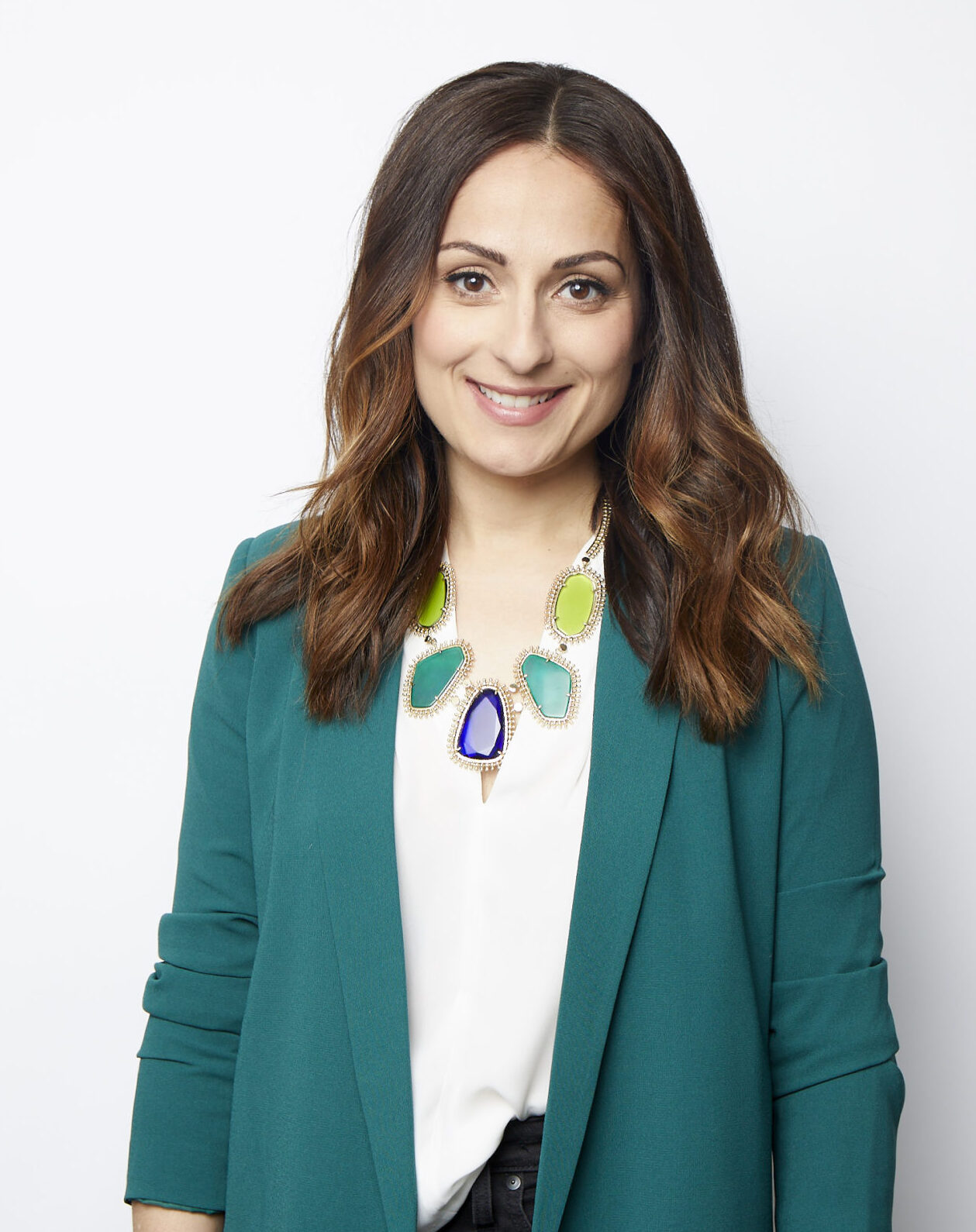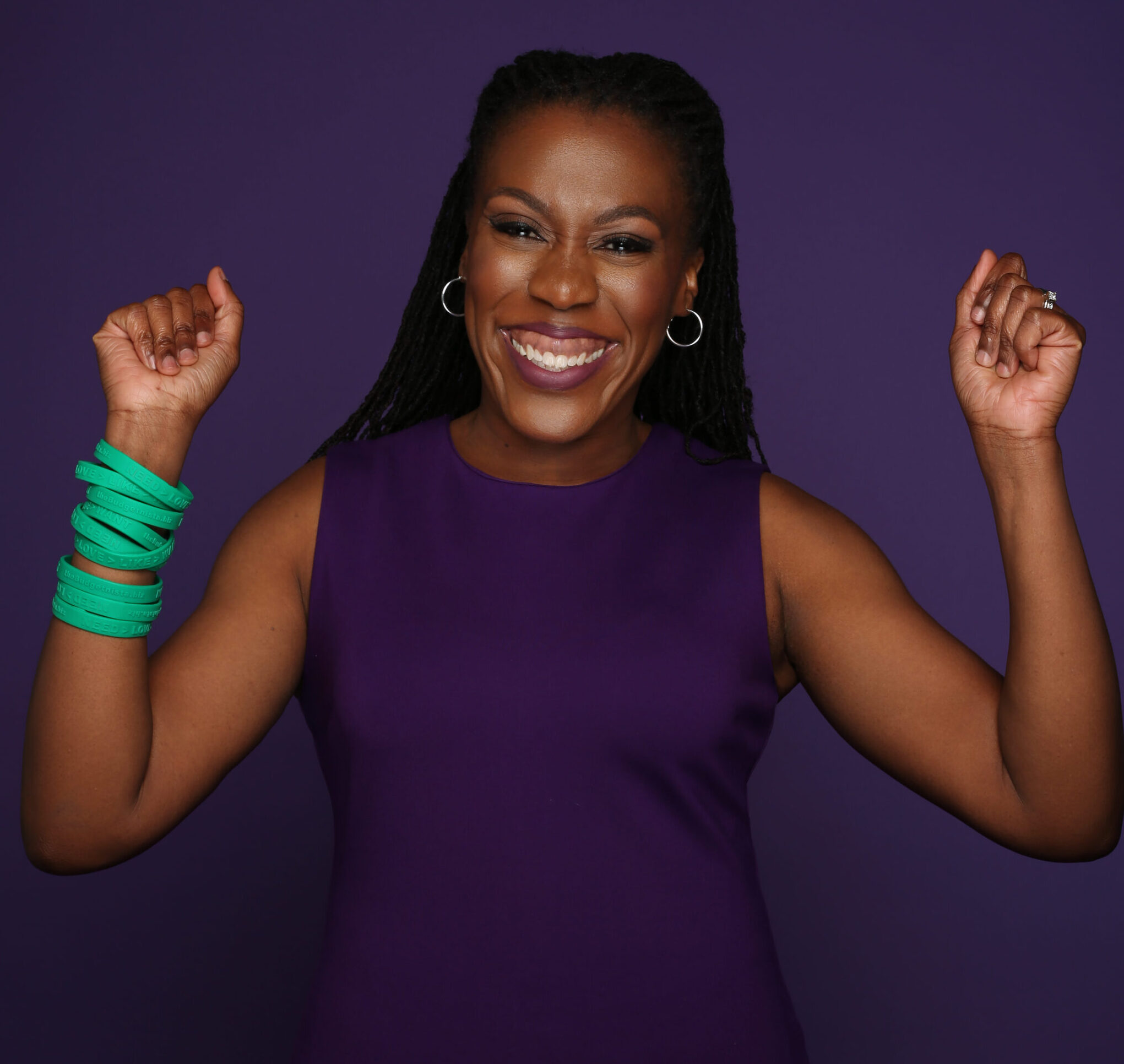In my bachelor days, I remember being stuck in a ridiculous cycle of starting every month off with plenty of money in my bank account, and ending that very same month wondering where in the world it all disappeared too. Has that happened to you? It was one of the most frustrating things that I continued to endure, over and over again. I had a good paying job, but I had absolutely nothing to show for it in my account, at the end of the month.
I finally got to the point of being “sick and tired, of being sick and tired.” Something needed to change, and I needed that change to happen right away. While doing some reading from financial experts on how to better manage money, I kept hearing the same word, over and over again. That word was “budget”. Initially upon hearing that word, it took on a negative connotation for me. It seemed that having a budget meant putting myself in a box, and constraining myself with no ability to have fun. Regardless though, I was fed up with my current financial situation, and figured it couldn’t hurt to give budgeting my money a try.
Incorporating a budget actually turned out to be one of the best things that I could have ever done, for my financial situation. It gave me a game plan, on how I was going to interact with my money for the entire month. What I initially thought would be confining, actually gave me the most freedom that I had ever experienced in handling my money. My budget gave me the ability to understand every dollar that was coming in, as well as every dollar that was going out.
The whole point of budgeting is to give yourself control, over where your money is going. This does not mean that you have to take all of the fun things that you are accustomed to doing, out of your lifestyle. It’s actually quite the contrary. Budgeting gives you the power to shape and mold your monthly income in a way that makes sense for you financially, socially, and personally. It turned out to be a real turning point in my journey, to becoming debt free.
The Starting Point
The first thing that you have to do is, figure out how much money you’re spending. Spend the first 30 days tracking all of your expenses. A good tip would be to keep a little notebook, or a checkbook register with you at all times. That way, every time you make a purchase you can just jot it down on the spot, so that you don’t forget to do so later. This gives you a baseline to start from; so that when you formulate your budget you have an idea of how much money you have been spending in each category of your budget. After the 30 days are up, you now have a clear picture as to where your money has been going. This information will allow you to make adjustments moving forward.
The formulation of your budget, always begins with the amount of income that you bring home every month. Once you have established how much your take home pay is, you can come up with a plan to allocate each and every dollar out of your income to a specific category. You have to prioritize what you need to spend your money on first. Your first obligation should be to take care of the “four walls” of your home. Start by budgeting for your mortgage/rent, real estate taxes, utilities, food, and basic clothing, and then work your way down from there.
Keep It Real
Remember to be conservative and realistic, when deciding how much money you want to allocate in each spending category. You don’t want to over compensate in one area of your budget, if it will leave you short in another area. For example, having $200 allocated for entertainment is not a good idea, if that only leaves you with $50 to eat with for the rest of the month.
In order for your budget to be successful, make sure that you include a category for everything that you spend money on in a given month. This includes everything from day care, medications, cell phone bills, trips to the hair salon, EVERYTHING! You will be able to use the information that you took down during your 30 day trial period to base your numbers on. Put the appropriate amount of money in each category that you think you need to survive on. Your budget is your guide; it is there to help you move through the month with a foolproof plan to spend your money, instead of you getting to the end of the month wondering where it all disappeared too.
Conclusion
This budgeting concept is not easy at first, but it is well worth it in the end. Your first month will be difficult. You will not get it 100 percent correct on the first try. It’s much like riding a bicycle for the first time, in that you will probably fall off a couple times before you master it. The same can be said for your budget. Your first couple of attempts at it will be rough. But if you stick with it you will become a master, and it will become just another part of your everyday life.
To get started, you can use a free website called BUDGET SIMPLE, to formulate your budget. This site is very user friendly, with no hidden fees. You have the option to upgrade to a paid version, if you would like to link your bank accounts.
No more excuses! You now have the tools to create your first budget, and start down the path to financial freedom.




